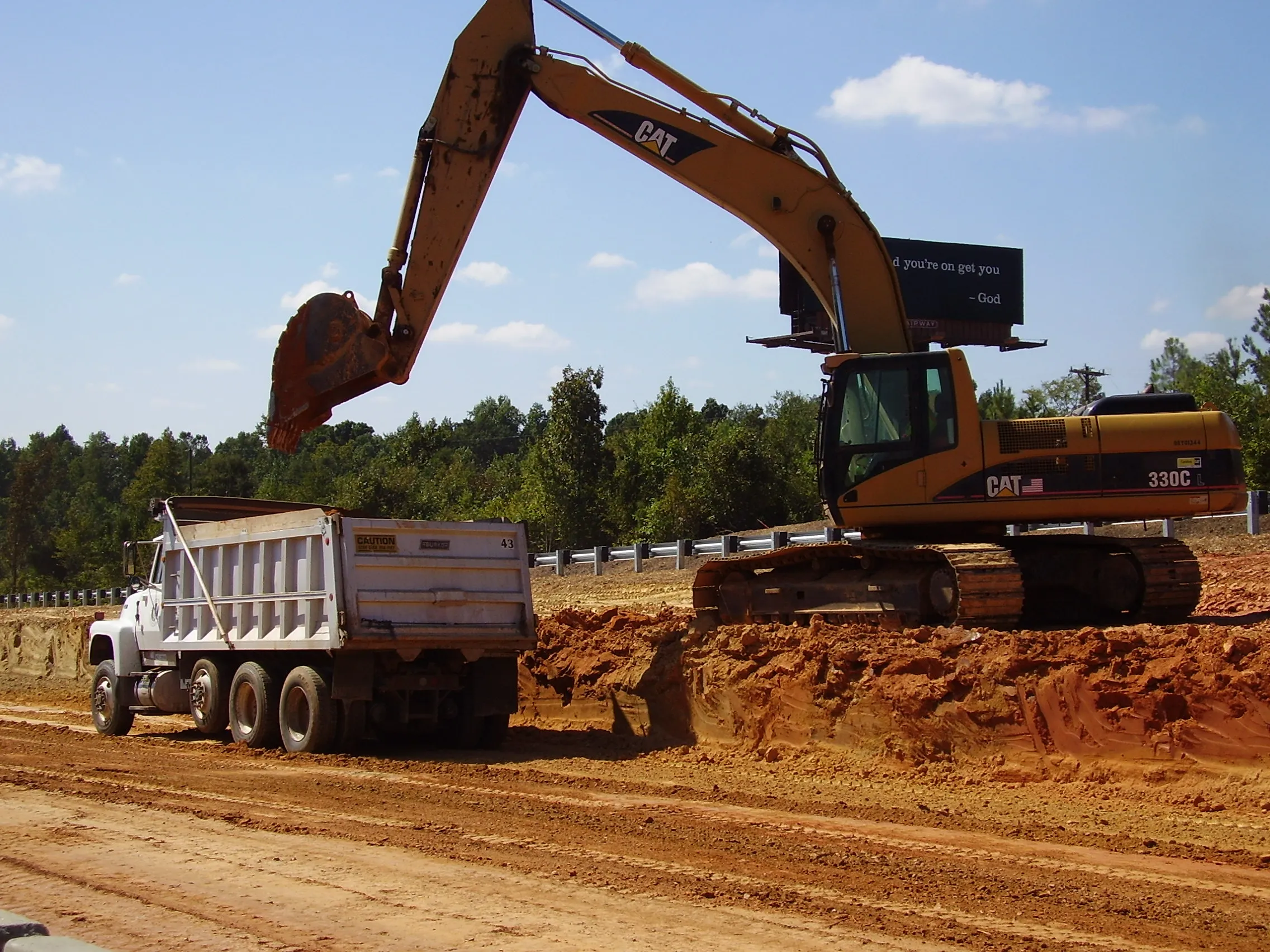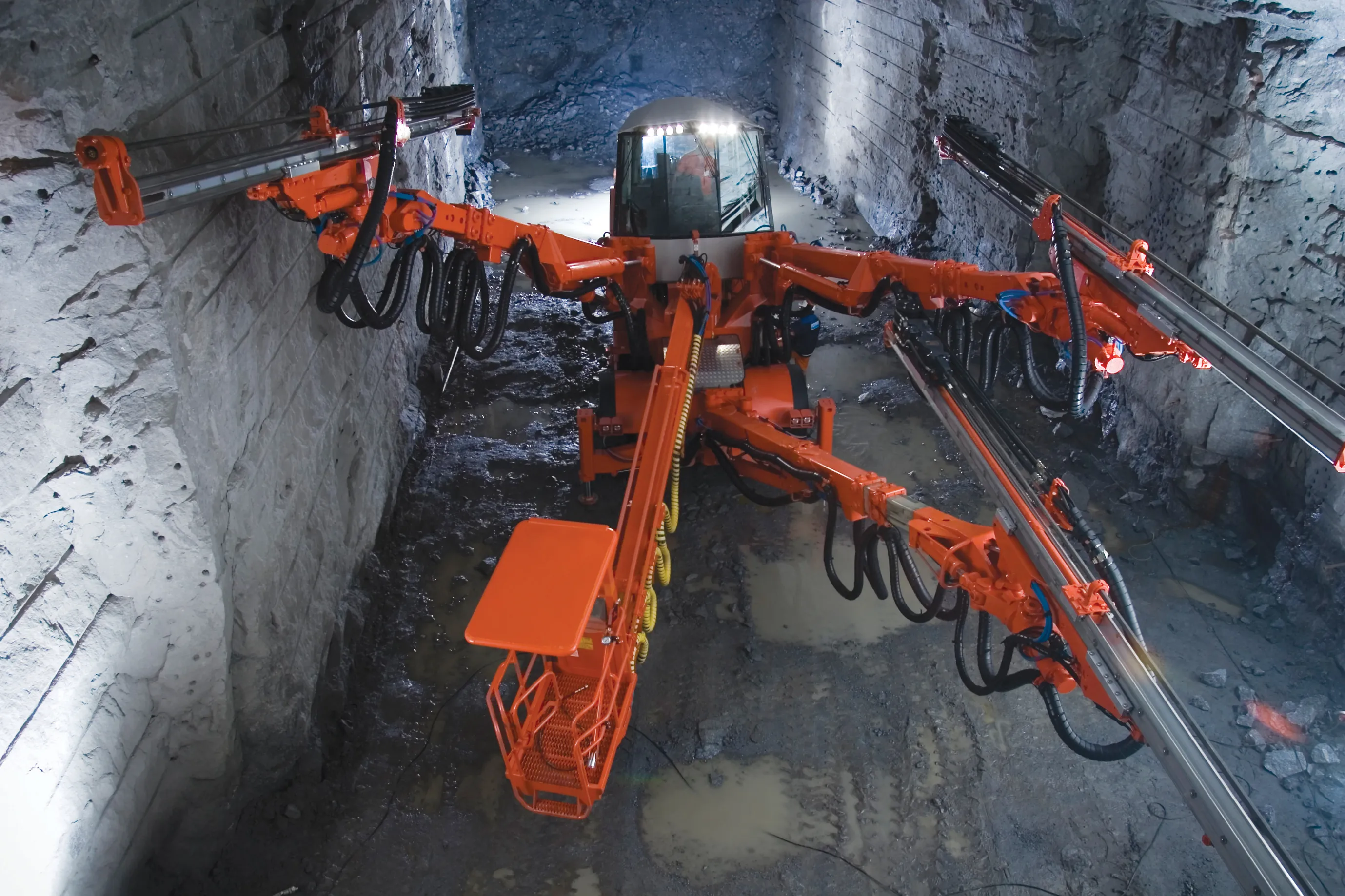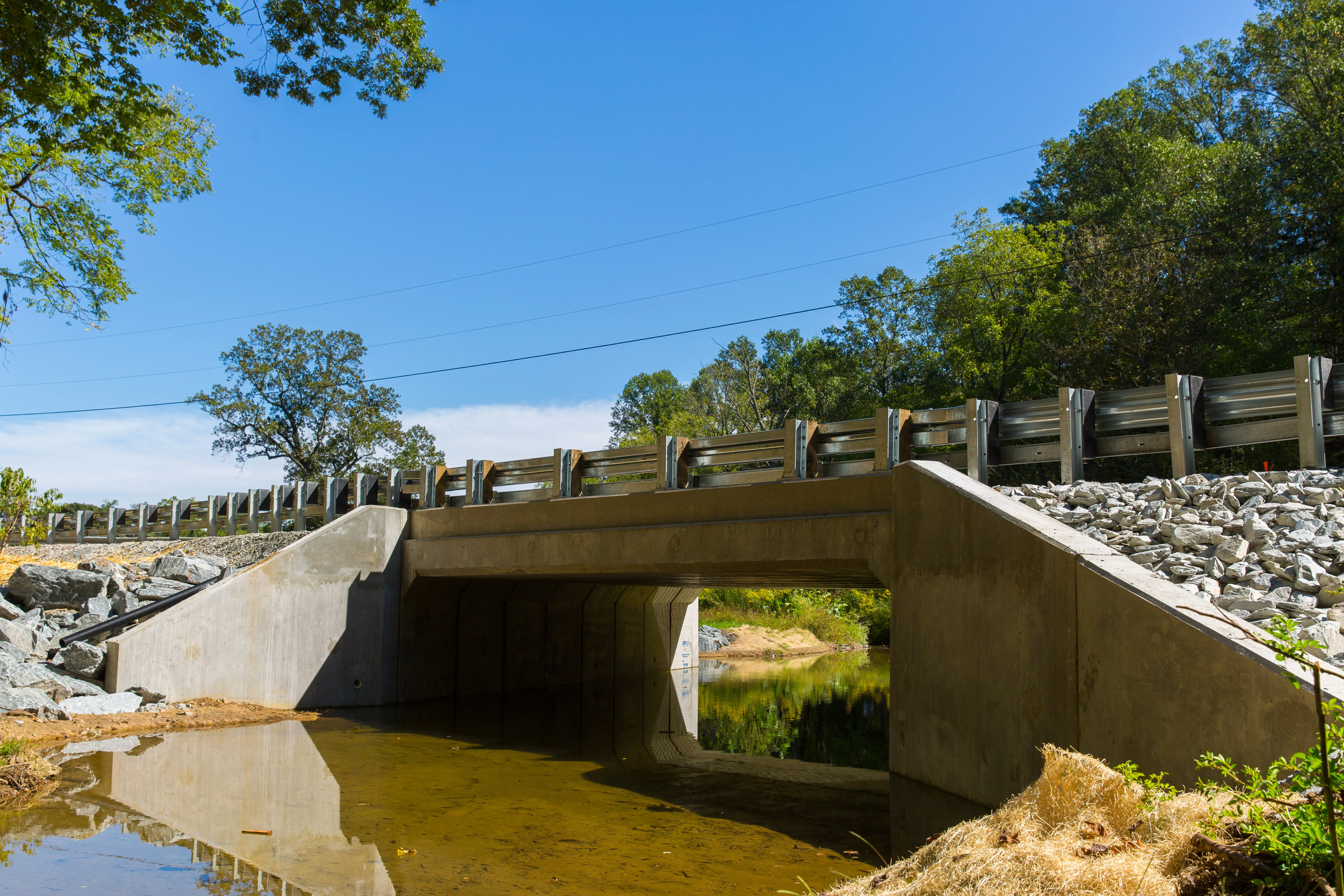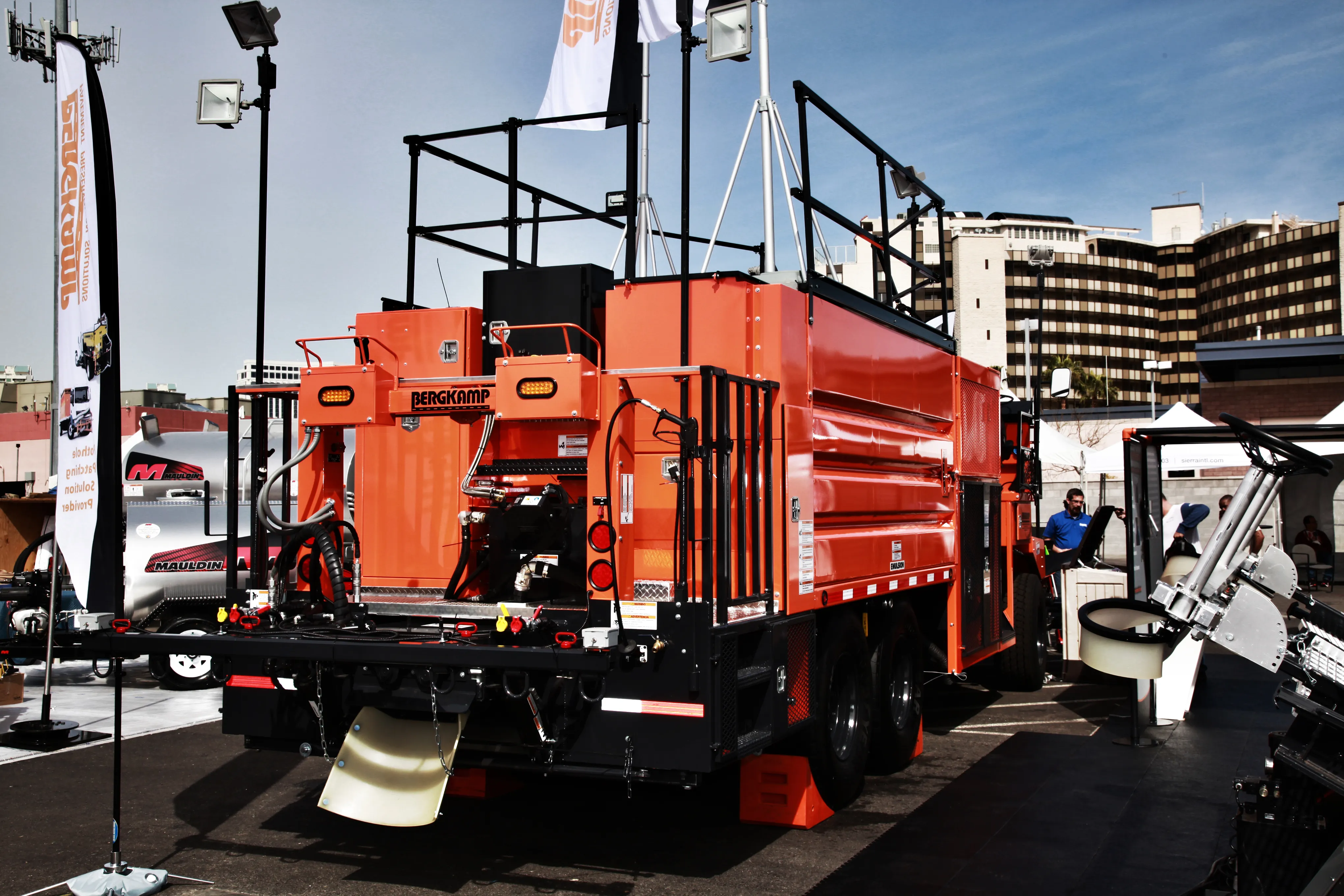As heavy rain storms continue to batter the Chinese capital, Beijing, the number of collapsed road pavements has soared to record levels, according to the city's road and bridge maintenance authority. Since the start of the flooding on July 21 until mid-August, Beijing Municipal Bridge Maintenance Management Group, a State-owned business set up to repair the city’s bridges and roads, received nearly 300 emergency calls regarding collapsed road surfaces.
August 17, 2012
Read time: 2 mins
As heavy rain storms continue to batter the Chinese capital, Beijing, the number of collapsed road pavements has soared to record levels, according to the city's road and bridge maintenance authority.
Since the start of the flooding on July 21 until mid-August, Beijing Municipal Bridge Maintenance Management Group, a State-owned business set up to repair the city’s bridges and roads, received nearly 300 emergency calls regarding collapsed road surfaces.
"Our hotline operators are receiving about 25 calls a day as a result of the heavy downpours,” a spokesman for the emergency information department of the group told local reporters.
A road surface on the crossing between Huajiadi Street and Wanghua Road, in Chaoyang district, caved in earlier this month leaving a two metre deep hole covering at least 10 square metres of pavement. According to the maintenance group, the collapse was caused by loosened soils that were eroded by the persistent rains as well as leaks in underground water pipes.
The Beijing Maintenance Group says that is has now deployed at least 2,561 workers to deal with collapsed pavements or waterlogged roads. "Our workers can repair small holes, of about one to two 2 square meters, within 24 hours,” said the spokesman. “But for bigger ones we need to work up a plan and think about the underground pipes for natural gas and water.”
The company has patrol teams out watching the whole city, paying special attention to lower-ground sections under bridges or on roads, he said, adding “we've also used radar vans to estimate underground conditions and help maintenance workers.”
In addition, the Beijing government also posted a message on its micro blog providing the maintenance group's hotline and asking people to call the police if they spot dangerous areas.
This will not solve the problem though, says Jiang Zhongguang, a city planning professor at the Beijing University of Civil Engineering and Architecture. He believes that the key problem behind the collapsed pavements is lack of regular maintenance.
"Workers didn't fill holes thoroughly and they often leave gaps,” he says. “And this causes soil erosion. The weather is out of our control, but other problems can be solved with regular maintenance."
Since the start of the flooding on July 21 until mid-August, Beijing Municipal Bridge Maintenance Management Group, a State-owned business set up to repair the city’s bridges and roads, received nearly 300 emergency calls regarding collapsed road surfaces.
"Our hotline operators are receiving about 25 calls a day as a result of the heavy downpours,” a spokesman for the emergency information department of the group told local reporters.
A road surface on the crossing between Huajiadi Street and Wanghua Road, in Chaoyang district, caved in earlier this month leaving a two metre deep hole covering at least 10 square metres of pavement. According to the maintenance group, the collapse was caused by loosened soils that were eroded by the persistent rains as well as leaks in underground water pipes.
The Beijing Maintenance Group says that is has now deployed at least 2,561 workers to deal with collapsed pavements or waterlogged roads. "Our workers can repair small holes, of about one to two 2 square meters, within 24 hours,” said the spokesman. “But for bigger ones we need to work up a plan and think about the underground pipes for natural gas and water.”
The company has patrol teams out watching the whole city, paying special attention to lower-ground sections under bridges or on roads, he said, adding “we've also used radar vans to estimate underground conditions and help maintenance workers.”
In addition, the Beijing government also posted a message on its micro blog providing the maintenance group's hotline and asking people to call the police if they spot dangerous areas.
This will not solve the problem though, says Jiang Zhongguang, a city planning professor at the Beijing University of Civil Engineering and Architecture. He believes that the key problem behind the collapsed pavements is lack of regular maintenance.
"Workers didn't fill holes thoroughly and they often leave gaps,” he says. “And this causes soil erosion. The weather is out of our control, but other problems can be solved with regular maintenance."









